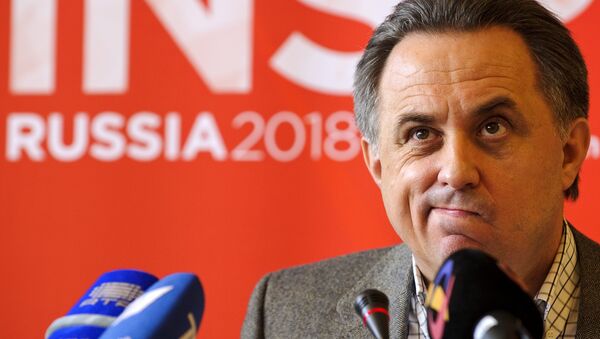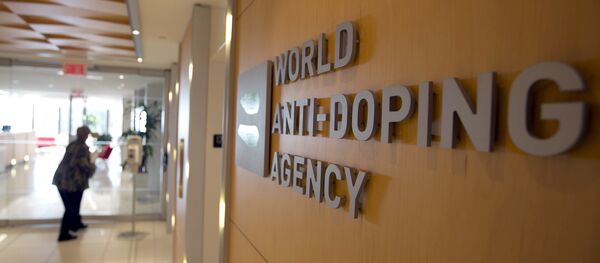"It was striking to me. We will have several meetings on the issue. We pay huge money to the United Kingdom Anti-Doping agency. They have been supervising us for a year and did not detect any special programs during the year. I am simply surprised. As of today, we pay them money and actually we can raise a question whether we should cancel the deal and switch over to another organization. If they do not believe in us, than why should it supervise us?" Mutko said.
He added that from a legal perspective there is no doubt that the Russian team should take part in the 2018 Olympics.
"I'll tell you once again, if you look at the situation from a legal perspective, in terms of the legal framework, with a view to fairness, there is no doubt in [Russia's participation in the 2018 Olympics]. Today, our team is open, it is in the public eye… It had been in the public eye for two years already," Mutko said.
The doping scandal, simmering since 2014, escalated in July 2016 when the World Anti-Doping Agency (WADA) presented a report accusing Russia of running a state-wide doping program and urging the the International Olympic Committee (IOC) to consider a blanket ban on the entire Russian Olympic team. The IOC instead let individual sports federations act on the issue.
As a result, the International Association of Athletics Federations (IAAF) banned Russian athletes from taking part in international competitions including the 2016 Summer Olympics. The International Paralympic Committee (IPC) later banned all Russian Paralympic athletes from the 2016 Summer Paralympics and the 2018 Winter Games.
On December 9, WADA independent commission headed by Richard McLaren issued the second part of the report on alleged Russian doping abuse, revealing manipulations by athletes in 30 sporting disciplines.


